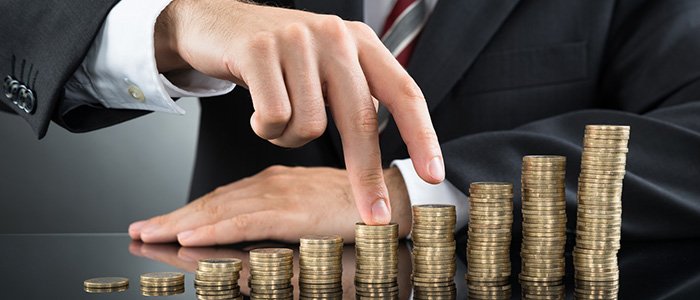As economic uncertainty reshapes global strategies, investors are turning to stable, sustainable, and income-producing real estate assets for long-term growth.
Institutional Capital Turns Conservative
Global real estate investment patterns are evolving. Institutional investors, once focused on aggressive expansion, are now prioritizing portfolios that deliver steady yields over time. Core and core-plus assets—especially in logistics, residential rentals, and data centers—are outperforming speculative development projects. This reflects a broader move toward capital preservation and predictable returns.
Sustainability Drives Investment Decisions
ESG standards are becoming a defining factor in global real estate transactions. Funds that prioritize sustainability and green-certified assets are attracting both private equity and sovereign wealth investors. Renewable energy integration, low-carbon materials, and water-efficient designs are not just ethical considerations—they’re becoming market expectations.
Diversification Beyond Traditional Markets
With interest-rate fluctuations and rising geopolitical risks, investors are diversifying into emerging markets with stable economic outlooks. Southeast Asia, the Gulf, and parts of Eastern Europe are gaining traction as alternative investment destinations. These regions offer strong rental yields, favorable regulations, and rising urban demand.
A New Definition of Long-Term Value
Real estate investment today is about resilience, not speculation. The strongest portfolios are those that combine geographic diversity, sustainability, and steady cash flow. As global markets stabilize, long-term value creation—not short-term arbitrage—will define the winners in the next investment cycle.













